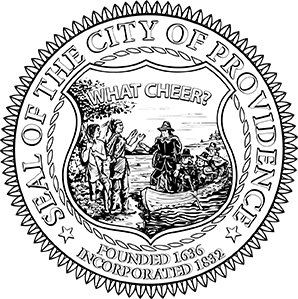Anti-Racism Committee to Work with Community to Reverse Harm
(PROVIDENCE, RI) – On Thursday, June 18th, the Providence Human Relations Commission (PHRC) will be hosting the first of ongoing Anti-Racism Committee Hearings starting at 5pm on Zoom. The Committee was formed in response to heightened awareness of the systemic violence against the black community and what the PHRC deem as a lack of effective and acceptable response to this epidemic. In a recent statement released directly by PHRC, Chair Patricia LaSalle states:
“The community was promised a city that worked for everyone through a reimagining of integrity and kindness. The City of Providence has repeatedly failed in that mission. When a lifeless statue of Christopher Columbus receives better protection from harm than a black firefighter whose rights are violated, our priorities are clearly diseased. The cure to this disease will be long and arduous in its creation, but in the end, the antidote will be a resilient community, with shared responsibility and accountability to one another that demonstrates absolute respect, radical acceptance of our strengths and differences, and unity in our resolve to reverse the harm that has continually been forced upon the black community. The PHRC invites the community to work with us to achieve this end through the Anti-Racism Committee.”
The Anti-Racism Committee has been empowered to establish recommendations on mechanisms to undo racism. The PHRC’s broader efforts will be to continue to hold Mayor Jorge O. Elorza, the Providence City Council, Chief Hugh Clements and the Providence Police Department, and key Providence-based community institutions, organizations, and leaders accountable to this necessary growth of conscious.
The Commission looks forward to engaging the community in this work. Those interested in being involved or anyone with questions regarding the Anti-Racism committee should reach out to Executive Director Andi Wheeler at AWheeler@providenceri.gov.
Impaneled in 1963, the Providence Human Relations Commission works primarily to build and celebrate community, expanding and protecting residents’ rights to fair housing, education, employment, credit, and public accommodations, free from discrimination.
###

